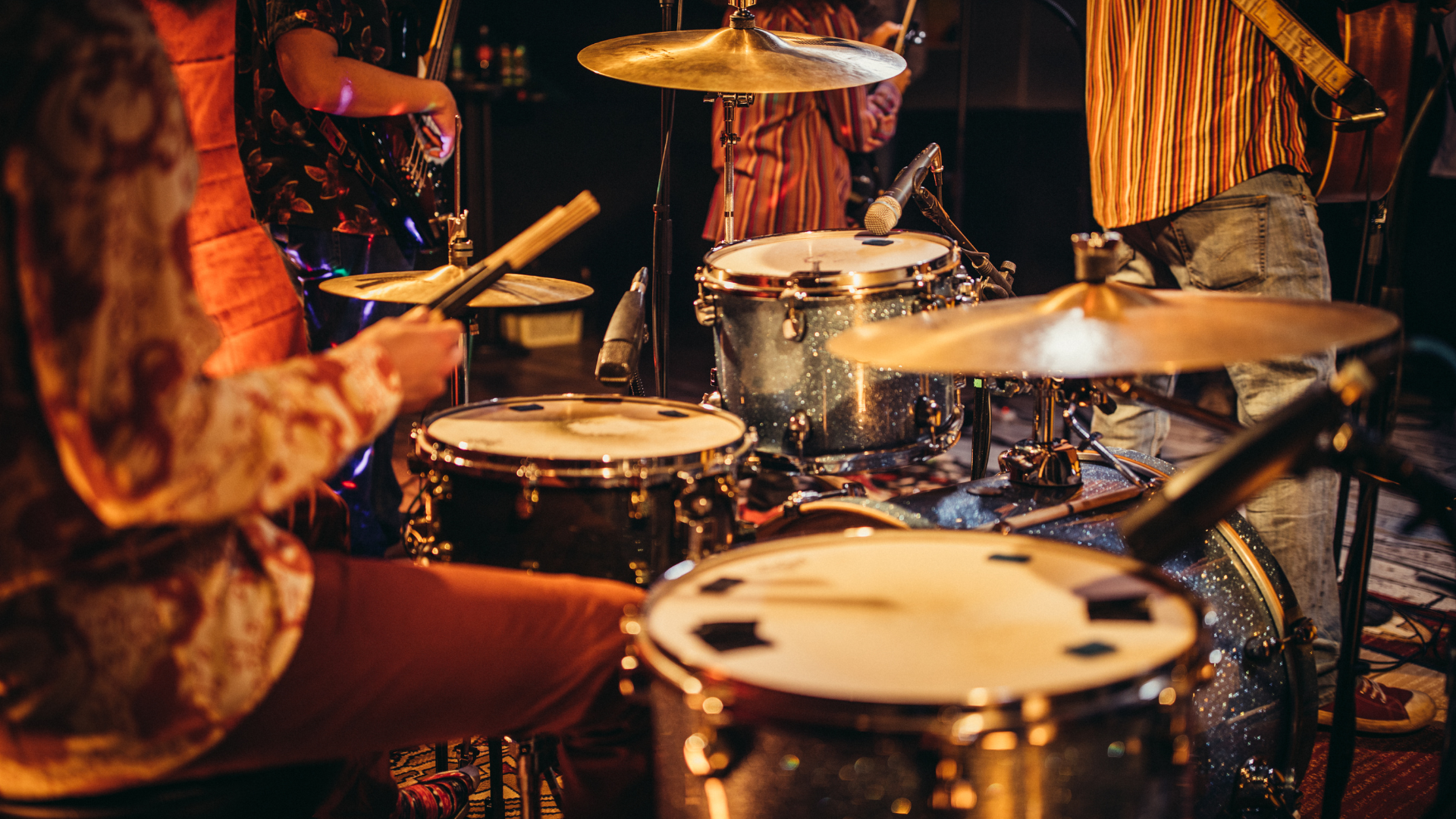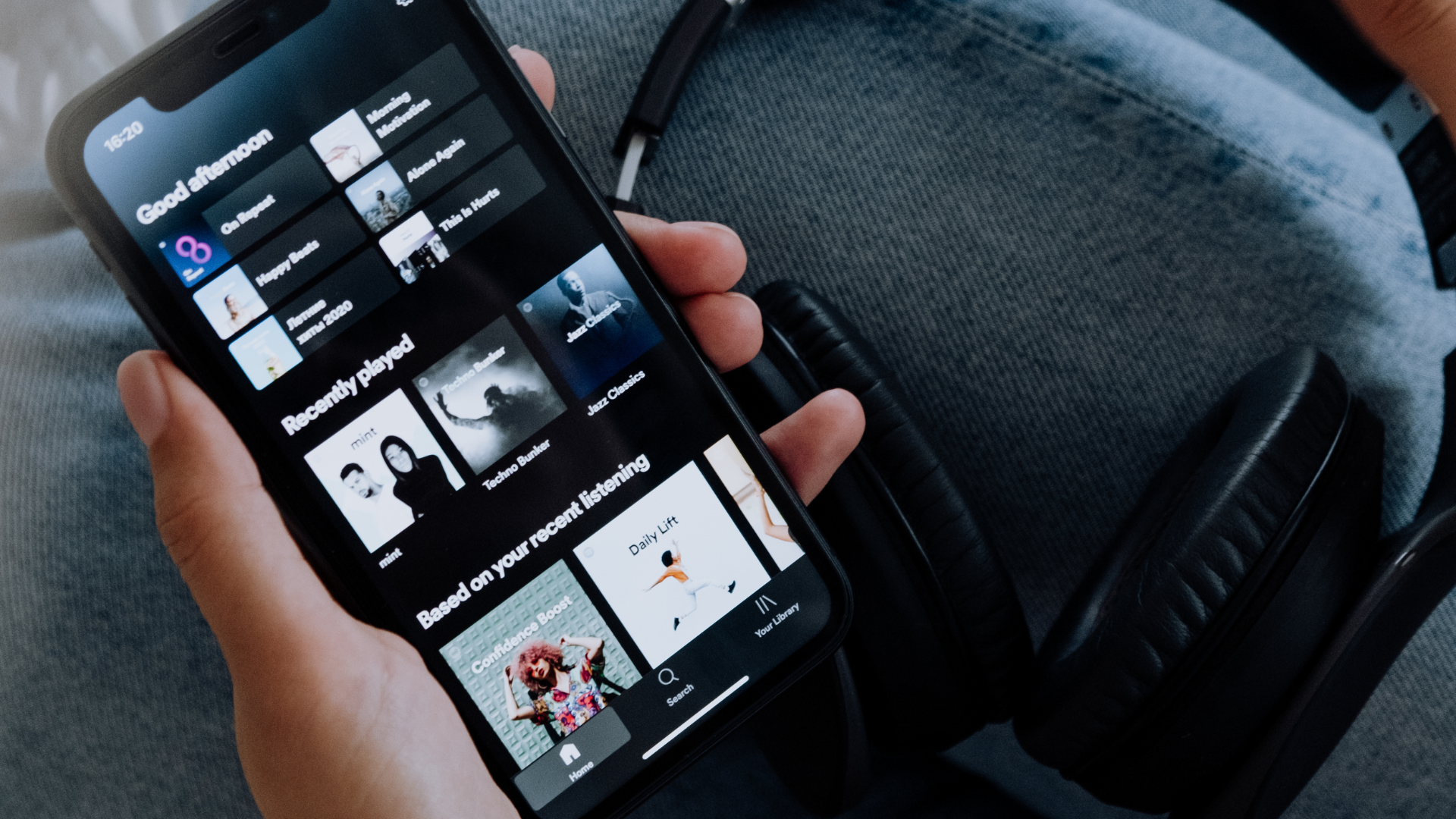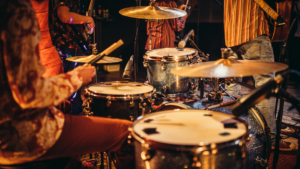Music is a universal language that transcends all barriers and connects people. It has been an integral part of human life for centuries, bringing joy, comfort, and inspiration to millions across the world. From the rhythmic beats of African drums to the soulful melodies of classical music, every genre has a unique power to evoke emotions and influence our moods.
In this blog post, we delve deeper into the role of music in human life – exploring its impact on our mental health, social connections, and personal development. So put on your headphones or tune up your guitar and join us as we explore how music shapes who we are!
Music and Emotions
It is well known that music can affect our emotions. Music can make us feel happy, sad, excited, or even angry. The way we feel about a particular piece of music is often dependent on our personal experiences and memories. For example, a song that reminds us of a happy time in our life may make us feel happy when we hear it again.
Music can also be used as a tool to help us cope with difficult emotions. When we are feeling sad or anxious, listening to calming or uplifting music can help us to feel better. There is also evidence that music can help to reduce stress levels and improve our overall mood.
So, the next time you are feeling down or stressed, consider putting on some of your favourite tunes and letting the music work its magic!
Music in Society
It is no secret that music has always been an important part of human society. For centuries, it has been used as a way to express emotions, tell stories, and communicate messages. It is a powerful tool that can bring people together and create bonds between individuals. Music can touch our hearts and souls in a way that nothing else can. It can make us feel happy, sad, or excited, or even help us to relax. It is a universal language that can transcend cultures and boundaries.
There are many different ways that music can be used in society. It can be used for entertainment, education, or even healing purposes. Concerts are perhaps the best example of how music is used in a communal setting. Artists such as Morgan Wallen and Travis Scott sell out stadiums today because concerts are a powerful event. Tickets for such shows sell out rapidly on TicketSmarter (https://www.ticketsmarter.com/p/morgan-wallen-tickets) and similar websites because people want to experience live music with others who love the same tunes and artists. Basically, music has the power to change lives and make the world a better place. It can also be used to express and share ideas, spread awareness of social issues, and help bring people from different backgrounds together. Music can also inspire people to create art and raise funds for charities or other important causes.
Music has been around since the dawn of time and it will continue to be an integral part of humanity for many years to come. Whether it is through performances, recordings, or streaming services, music will always have a place in society. It has been a part of human life for centuries and is an integral part of our lives today. It can bring us joy, relaxation, or inspiration depending on what type of music we listen to. No matter what kind of music you prefer, it can have a powerful effect on your mood and emotions.
Music and Brain
It is widely known that music has a profound effect on the human brain. Studies have shown that listening to music can alter our mood, improve our cognitive performance, and even change our physiological responses.
One of the most well-known effects of music on the brain is its ability to induce what is known as the “Mozart Effect”. This phenomenon was first studied in 1993, and it has been shown that listening to Mozart’s music can temporarily boost spatial reasoning skills. Another interesting finding is that music can help us better remember information. In one study, participants who were exposed to melodies while trying to learn new information were more likely to recall the information later than those who did not hear any music.
So, what exactly is happening in our brains when we listen to music? It turns out that music activates many different areas of the brain, including those responsible for processing sounds, emotions, and memories. Music also increases levels of neurotransmitters like dopamine and serotonin, which are associated with pleasure and reward.
So next time you need a mental boost, try putting on some of your favourite tunes!
Music and Health
The role of music in human life is undeniable. It is a form of communication, a way to express emotions, and a tool for learning and memory. Music can be found in every culture and society, and it plays an important role in our daily lives.
There is a growing body of evidence that suggests that music has a positive impact on our health. Studies have shown that music can help reduce stress, anxiety, and pain. It can also improve our mood, cognitive function, and immunity. Music therapy is being used to treat a variety of conditions, including Alzheimer’s disease, cancer, dementia, depression, and Parkinson’s disease. This is why assisted living homes (check out chelseaseniorliving.com/locations/the-chelsea-at-fair-lawn/ for more information) use mental health programs with music and other activities to help residents feel better and keep them active as they live out the rest of their years in a safe and caring environment.
While more research needs to be done to understand the exact mechanisms by which music affects our health, there is no doubt that it can have a powerful impact. So listen to your favourite tunes and let the healing power of music work its magic!
Music plays an important role in how we experience the world around us and in our overall well-being. From enjoying classical symphonies to singing along with your favourite pop songs, let the music be a way to connect with yourself and others through its healing vibrations.








